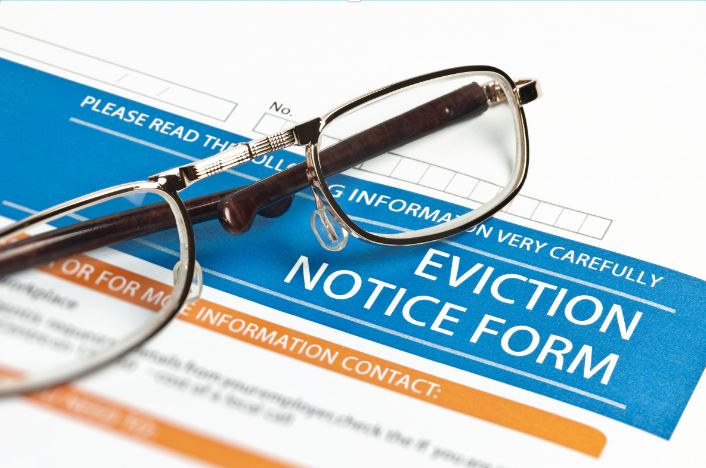What’s the Difference?
Most tenants understand the meaning of the word eviction. Eviction is “the dispossession of a tenant of leased property by a legal process.” In other words, the tenant has to leave because a judge said so after the landlord filed legal documents.
If you are a tenant (someone with an agreement with a landlord) you could be legally evicted if you do not observe the rules of your rental agreement (such as not paying rent on time or not leaving when your lease is up). An eviction is called an unlawful detainer or a “UD.”
The Covid-19 pandemic is changing and delaying typical eviction processes everywhere. Landlords are able to obtain an unlawful detainer summons from the San Francisco Superior Court only under special circumstances. Many landlord/tenant disputes are in limbo or renegotiation. Unless a landlord can attempt to win an eviction based on health and safety or nuisance issues, they might give up on eviction and attempt an ejection action to remove their tenant.
What Is an Ejection Action?
In an ejection action, the tenant is considered by the landlord to be a non-tenant, an unauthorized occupant or perhaps even a squatter. The term on a rental agreement may have expired, or the persons occupying the property may be different from the original tenants on the agreement. Sometimes family disputes among tenants create situations leading to an ejection action. The landlord will attempt to prove there is no actual tenancy relationship and therefore the occupant must leave.
Ejection actions occur less frequently than evictions, and the legal process is completely different. In normal times, evictions can happen fairly quickly. An ejection action can take over a year or more. Landlords may even attempt simultaneous eviction and ejection actions, on the chance the eviction action could succeed first. These complicated situations can be long and arduous for all.
The Tenant May Still Benefit
Although it might appear a landlord has the upper hand in an ejection action, some favorable outcomes for tenants may be achieved through litigation. If you receive a notice of an ejection action, gather all your rental documents and contact a tenant attorney right away.
Know your rights. Protect yourself.


 (415) 533-0735
(415) 533-0735 (415) 843-0496
(415) 843-0496